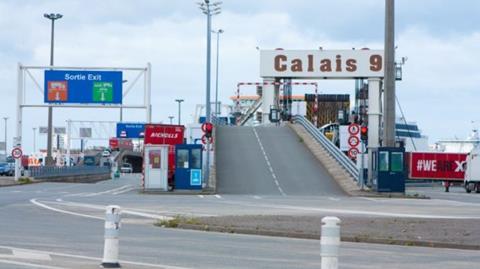
New research has revealed that the number of European drivers parking in the UK plummeted by 26% in January compared to the end of 2020.
Mark Garner, MD of smart payment system provider SNAP, said the reduction was caused by three factors: a massive stockpiling of goods in warehouses in the UK prior to the country’s final break with the EU; uncertainty surrounding border delays and customs checks, and Covid-19.
He said: “We think this will shake itself out over the next two or three months.
“Everyone was braced for a Brexit jolt, but with Covid now that’s been a complete sideswipe to the sector.
“Stockpiling will normalise itself, due to consumption and economics.
“There’s a cost of execution of customs documentation, but that cost won’t be as significant as you think it is.”
However, Garner added: “Covid is causing delays to transport and therefore higher costs to transport, with the need to have tests and the need to isolate if you test positive.
“It’s just brought a level of uncertainty and a lack of confidence about how to deal with this.”
Read more
The new data follows news this week that record numbers of hauliers declined to move goods from France into Britain in the second week of January whilst those that did raised their prices significantly.
Transporeon’s report noted that while the rejection rates it found were exceptionally high, January tended to see higher rates.
The report said: “The first half of January is still considered a difficult period and higher rates are not uncommon. The next 3-4 weeks will show if this level is sustainable.”
Experts now predict the fall in European imports could take up to three months to be resolved, but uncertainty surrounds the impact of Covid and the testing regime at ports.
According to data from German software firm Transporeon, which monitors transportation prices and movement rates, prices to transport goods from France to the UK rose by more than 50% in the second week of January, compared with the third quarter in 2020.
Meanwhile rejection rates increased by 168%. This compares to a 102% jump recorded by Transporean in the first week of January.
The report uses the third quarter of 2020 as a comparator to reflect the most normal trade levels in a year dominated by the impact of Covid-19.
Transportation of goods from Germany has also been hit with rejection rates up 68% and prices rising 22% higher than Q3.
A similar picture emerged in Italy and Poland with the former showing rejection rates up by 109% and prices up by 19% whilst the latter saw rejection rates rise over 50% and transportation rates inflate by 14%.













